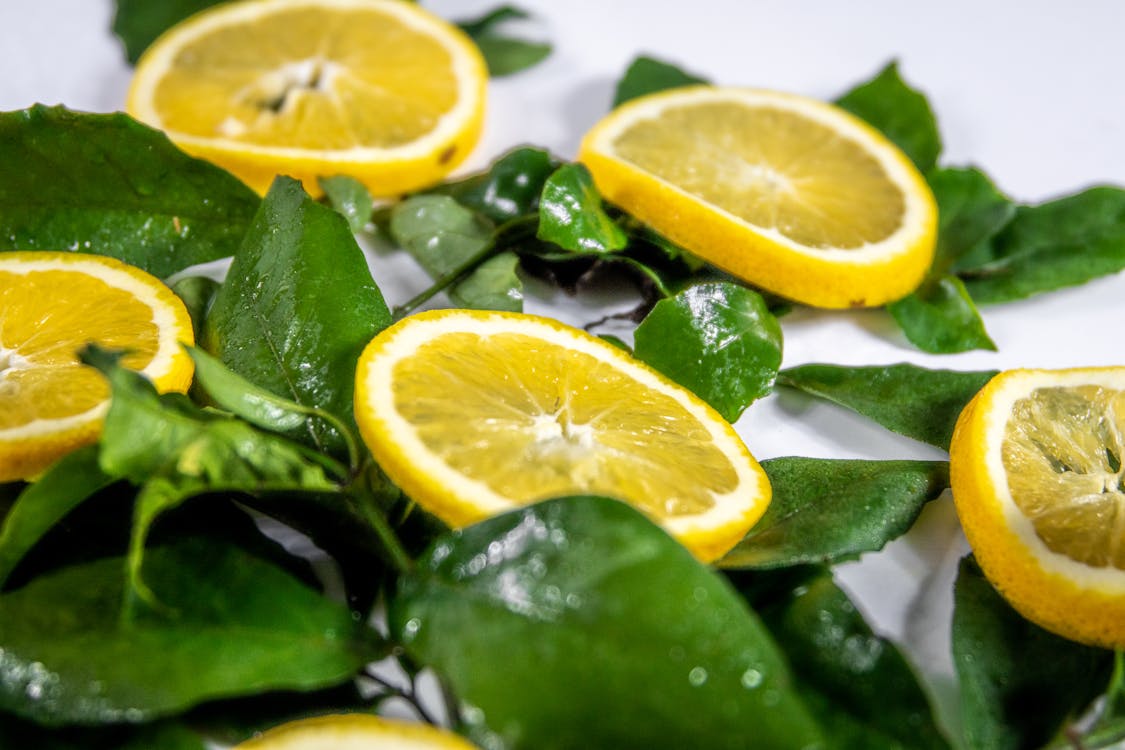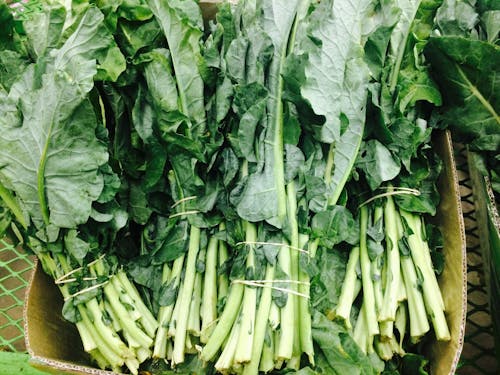With flu season under way, in the midst of a global pandemic, immune support is more valuable than ever. We adapted this article from Dr. Sarah Hung on wholeheartednaturopathic.com, and with that, we welcome Dr. Hung back to The Fruitful Life Blog! (Psst! stay tuned to the end for a sneak peek at our Prime Day deals coming up on Fruitfulyield.com!)
*Follow directions on package and keep your doctor up-to-date on your supplement routine. These statements have not been evaluated by the Food and Drug Administration. These products are not intended to diagnose, treat, cure or prevent any disease.
1. Vitamin D

Vitamin D is one of the most potent immune nutrients that works at a cellular level. It supports one's innate immunity, by supporting the mucous membrane (the body's natural barrier) and by supporting the secretion of IgA (an immunoglobulin) and immune-related peptides. Further, it supports the adaptive immune system.
Note that decreased Vitamin D levels have been associated with increased risk of respiratory infections and increased mortality in elderly individuals (11). According to a new study from University of Chicago Medicine, "Vitamin D is important to [support] the immune system." and "Vitamin D deficiency may raise risk of getting COVID-19."
2. Vitamin C

Vitamin C is the most well-known, immune-supportive nutrient! As a matter of fact, major medical journal The Lancelet recently recommended the nutrient... Also known as ascorbic acid, this nutrient supports innate immunity by supporting the body's Natural Killer Cells and Macrophages. Also, it supports histamine regulation, which at high levels inhibits a proper immune response. Finally, Vitamin C supports healthy inflammation levels connected to interleukin 6 (IL-6).
We carry Vitamin C in our stores, but intravenous vitamin C is available through some doctors, depending on what their patients are going through. For dietary sources, citrus fruits are a great natural source!
3. Zinc

This nutrient has been shown to be especially effective. Zinc has been shown to support adaptive immunity and the production of antibodies. Similar to Vitamin C, it has been shown to support healthy inflammatory response. Perhaps, this is the reason that Zinc is beginning to be used as an additional treatment to traditional practices in certain hospitals across the country.
4. Vitamin A

Vitamin A works well with Vitamin D as they both support the body's cell health (8). It also supports immune function via the body's mucous membrane barriers. Additionally, it supports the activity of T cells (immune-response cells) and B cells (a type of white blood cell). Therefore, it supports both innate and adaptive immunity, and supports the body under oxidative stress. Dark leafy greens are a great natural source!
5. Selenium

Studies have demonstrated support of both cell-mediated and humoral immune responses. Additionally,selenium has been shown to support healthy lymphatic flow (circulation) in the body. Eggs are a great natural source!
6. N-Acetyl Cysteine

Last but not least, this is a unique nutrient. It is an amino acid with a unique chemical structure when compared to the other nutrients. Unlike other nutrients mentioned, it already has a traditional use within hospitals (particularly when patients take too much Tylenol).
N-Acetyl Cysteine is a powerful free radical fighter that may support detoxification and immune function. It has been studied for its intravenous and oral use for immune support in Europe (4). Like Vitamin C and Zinc, it's also great for healthy inflammation support. Additionally, it supports healthy mucus regulation (14).
We hope you enjoyed this simplified version of Dr. Hung's Immune Support Nutrients! Want to access these immune supplements at a steep discount? Well, be sure to visit us online October 13-14th; we're celebrating Prime Day on frutifulyield.com with 50% off NOW supplements so you can stay well for less! Prices will be as-marked that day, so no code needed. Purchase must be made on fruitfulyield.com as an online order or as a Store Pickup/Curbside order.
Sources:
Note: Inspiration and sourcing for this post mainly comes from Dr. Alex Vasquez’s book, “Antiviral Nutrition” published in 2014.
1. Bruns, F., Micke, O., & Bremer, M. (2003). Current status of selenium and other treatments for secondary lymphedema. J Support Oncol, 1(2), 121-30.
2. Carr, A. C., & Maggini, S. (2017). Vitamin C and immune function. Nutrients, 9(11), 1211.
3. Coronavirus: The Next Disease X? Sourced from: https://thenativeantigencompany.com/coronaviruses-the-next-disease-x/
4. De Flora, S., Grassi, C., & Carati, L. (1997). Attenuation of influenza-like symptomatology and improvement of cell-mediated immunity with long-term N-acetylcysteine treatment. European Respiratory Journal, 10(7), 1535-1541.
5. Hoffmann, P. R., & Berry, M. J. (2008). The influence of selenium on immune responses. Molecular nutrition & food research, 52(11), 1273-1280.
6. Huang, Z., Liu, Y., Qi, G., Brand, D., & Zheng, S. G. (2018). Role of vitamin A in the immune system. Journal of clinical medicine, 7(9), 258.
7. Matthay, M. A., Aldrich, J. M., & Gotts, J. E. (2020). Treatment for severe acute respiratory distress syndrome from COVID-19. The Lancet Respiratory Medicine.
8. Petkovich, M. (1992). Regulation of gene expression by vitamin A: the role of nuclear retinoic acid receptors. Annual review of nutrition, 12(1), 443-471.
9. Prasad, A. S. (2008). Zinc in human health: effect of zinc on immune cells. Molecular medicine, 14(5), 353-357.
10. Prietl, B., Treiber, G., Pieber, T. R., & Amrein, K. (2013). Vitamin D and immune function. Nutrients, 5(7), 2502-2521.
11. Remmelts, H. H., van de Garde, E. M., Meijvis, S. C., Peelen, E. L., Damoiseaux, J. G., Grutters, J. C., ... & Rijkers, G. T. (2012). Addition of vitamin D status to prognostic scores improves the prediction of outcome in community-acquired pneumonia. Clinical infectious diseases, 55(11), 1488-1494.
12. Te Velthuis, A. J., van den Worm, S. H., Sims, A. C., Baric, R. S., Snijder, E. J., & van Hemert, M. J. (2010). Zn2+ inhibits coronavirus and arterivirus RNA polymerase activity in vitro and zinc ionophores block the replication of these viruses in cell culture. PLoS pathogens, 6(11).
13. Vitamin C Infusion for the Treatment of Severe 2019-nCoV Infested Pneumonia. Sourced from: https://clinicaltrials.gov/ct2/show/NCT04264533
14. Zhang, Q., Ju, Y., Ma, Y., & Wang, T. (2018). N-acetylcysteine improves oxidative stress and inflammatory response in patients with community acquired pneumonia: A randomized controlled trial. Medicine, 97(45).







